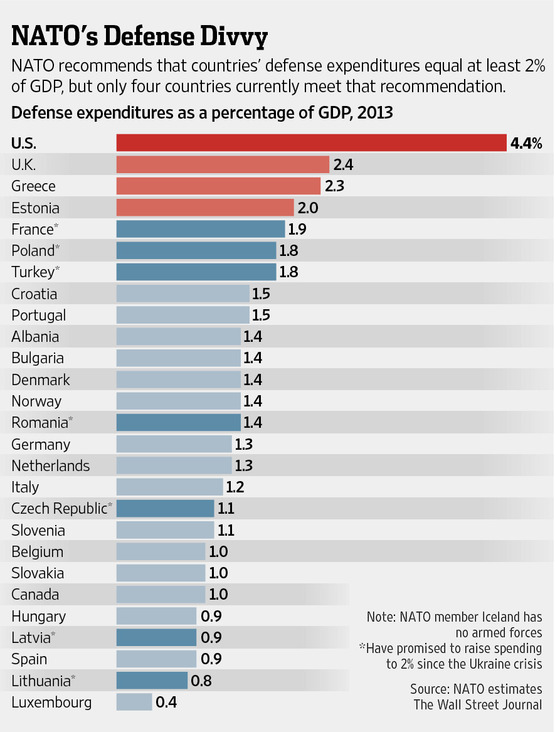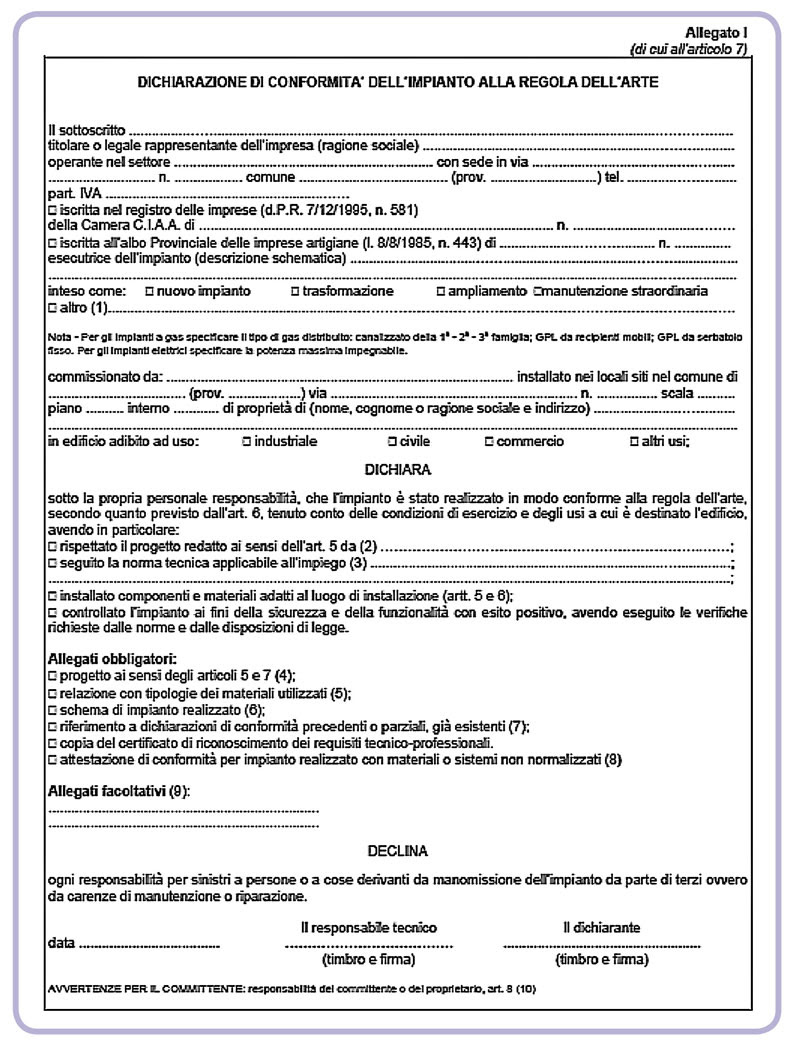Europe's Rising Military Spending: A Reaction To The Russian Threat

Table of Contents
The Ukrainian Conflict as a Catalyst
The brutality and scale of the Russian invasion shattered previous assumptions about European security. This stark reality highlighted the vulnerability of nations bordering Russia and the need for stronger deterrents, significantly impacting Europe's rising military spending.
Increased Perception of Threat
The invasion dramatically altered the European security landscape. The conflict demonstrated Russia's willingness to disregard international norms and use military force aggressively against a sovereign nation. This has led to:
- Erosion of trust in Russia's commitment to international agreements: The violation of Ukraine's sovereignty and territorial integrity has shattered any remaining trust in Russia's adherence to international law and agreements.
- Demonstration of Russia's willingness to use military force aggressively: The sheer scale and brutality of the invasion have exposed the real and present danger posed by Russian aggression.
- Fear of further Russian expansionism within Europe: Many European nations now fear that Russia's ambitions extend beyond Ukraine, leading to anxieties about potential future conflicts and the need for increased defense preparedness. This fear is a key driver of Europe's rising military spending.
NATO's Renewed Importance
The war in Ukraine has reinvigorated NATO, solidifying its role as a cornerstone of European security. Increased military cooperation and deployments in Eastern Europe are directly linked to Europe's rising military spending:
- Increased military exercises and joint training operations: NATO members are conducting more frequent and larger-scale military exercises to enhance interoperability and readiness.
- Deployment of additional troops to Eastern European NATO members: The alliance has significantly increased its military presence in Eastern Europe to deter further Russian aggression.
- Strengthening of NATO's collective defense posture: The war has underscored the importance of collective defense, prompting member states to strengthen their commitment to mutual defense.
National Defense Budget Increases
Many European nations are experiencing unprecedented increases in their defense budgets, a clear indication of Europe's rising military spending. This increased funding is being allocated to modernize armed forces and bolster defensive capabilities.
Significant Spending Increases Across Europe
The impact of Europe's rising military spending is evident in several nations:
- Examples of countries with significant budget increases: Poland, Germany, and the United Kingdom are among the countries that have announced substantial increases in their defense budgets.
- Specific examples of military procurements: These increases are translating into significant acquisitions, including fighter jets, advanced tank systems, and missile defense systems.
- Focus on enhancing cyber security and intelligence capabilities: Recognizing the importance of asymmetric warfare, many nations are investing heavily in cyber security and intelligence gathering capabilities.
Diversification of Defense Suppliers
Europe's rising military spending also reflects a desire to reduce dependence on specific defense suppliers:
- Increased investment in domestic defense industries: Many countries are investing in their own defense industries to reduce reliance on foreign suppliers.
- Exploration of new partnerships and collaborations with other nations: Nations are seeking new partnerships to diversify their sources of military equipment and technology.
- Reduction in dependence on Russian military equipment: The war in Ukraine has highlighted the risks of relying on Russian military equipment, prompting a move towards alternative suppliers.
Long-Term Implications of Rising Military Spending
The substantial increase in military spending has significant long-term implications, both economically and geopolitically.
Economic Consequences
Europe's rising military spending has economic ramifications:
- Potential trade-offs between defense spending and social programs: Increased military spending may necessitate cuts in other areas of government expenditure, such as social programs and infrastructure projects.
- Impact on national debt levels: The significant increase in defense budgets could lead to increased national debt levels in several European countries.
- Opportunities for economic growth through investment in the defense sector: The increased spending can also stimulate economic growth through job creation and investment in the defense industry.
Geopolitical Shifts
Europe's rising military spending reflects a broader shift in the geopolitical landscape:
- Strengthening of alliances and partnerships: The increased defense spending strengthens alliances like NATO and encourages the development of new security partnerships.
- Increased engagement in international security initiatives: European nations are likely to play a more active role in international security initiatives.
- Potential for renewed arms race or escalation of tensions: While intended as deterrence, the increased military spending could potentially lead to a renewed arms race or exacerbate existing tensions.
Conclusion
The surge in Europe's military spending is a direct and understandable response to the significant threat posed by Russia's actions in Ukraine. The increased investment reflects a renewed commitment to collective security and national defense, but also presents economic and geopolitical challenges that require careful management. Understanding the drivers of this trend—from the heightened perception of threat to the reassessment of national security priorities—is crucial for navigating the complex landscape of European defense in the years to come. To stay informed on this critical topic, continue to follow updates on Europe's rising military spending and its impact on the global security environment.

Featured Posts
-
 Targets Shift On Dei From Vocal Support To Changed Approach
Apr 30, 2025
Targets Shift On Dei From Vocal Support To Changed Approach
Apr 30, 2025 -
 Inscripciones Cierran En 3 Dias Boxeo En Edomex
Apr 30, 2025
Inscripciones Cierran En 3 Dias Boxeo En Edomex
Apr 30, 2025 -
 The Reality Of Farming Amanda Owens Honest Account
Apr 30, 2025
The Reality Of Farming Amanda Owens Honest Account
Apr 30, 2025 -
 Processo Becciu Data D Inizio Dell Appello E Dichiarazione Di Innocenza
Apr 30, 2025
Processo Becciu Data D Inizio Dell Appello E Dichiarazione Di Innocenza
Apr 30, 2025 -
 The Health Benefits Of Asparagus A Comprehensive Guide
Apr 30, 2025
The Health Benefits Of Asparagus A Comprehensive Guide
Apr 30, 2025
